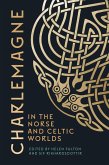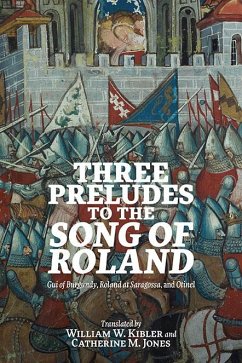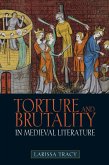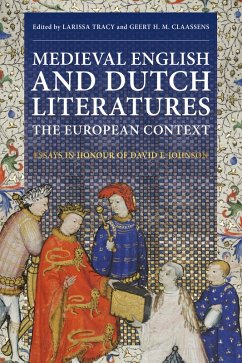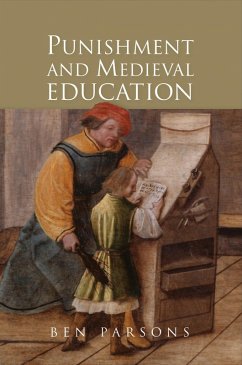Comprehensive survey of the legend of Charlemagne in the medieval German-speaking world.
The legend of the Frankish emperor Charlemagne is widespread through the literature of the European Middle Ages. This book offers a detailed and critical analysis of how this myth emerged and developed in medieval German and Dutchliteratures, bringing to light the vast array of narratives either idealizing, if not glorifying, Charlemagne as a political and religious leader, or, at times, criticizing or even ridiculing him as a pompous and ineffectual ruler. The motif is traced from its earlest origins in chronicles, in the Kaiserchronik, through the Rolandslied and Der Stricker's Karl der Große, to his recasting as a saint in the Zürcher Buch vom Heiligen Karl.
ALBRECHT CLASSEN is University Distinguished Professor of German Studies at the University of Arizona; he received the title of Grand Knight Commander of the Most Noble Order of the Three Lions in 2017, in recognition of his outstanding service to German studies.
The legend of the Frankish emperor Charlemagne is widespread through the literature of the European Middle Ages. This book offers a detailed and critical analysis of how this myth emerged and developed in medieval German and Dutchliteratures, bringing to light the vast array of narratives either idealizing, if not glorifying, Charlemagne as a political and religious leader, or, at times, criticizing or even ridiculing him as a pompous and ineffectual ruler. The motif is traced from its earlest origins in chronicles, in the Kaiserchronik, through the Rolandslied and Der Stricker's Karl der Große, to his recasting as a saint in the Zürcher Buch vom Heiligen Karl.
ALBRECHT CLASSEN is University Distinguished Professor of German Studies at the University of Arizona; he received the title of Grand Knight Commander of the Most Noble Order of the Three Lions in 2017, in recognition of his outstanding service to German studies.
Dieser Download kann aus rechtlichen Gründen nur mit Rechnungsadresse in A, D ausgeliefert werden.



